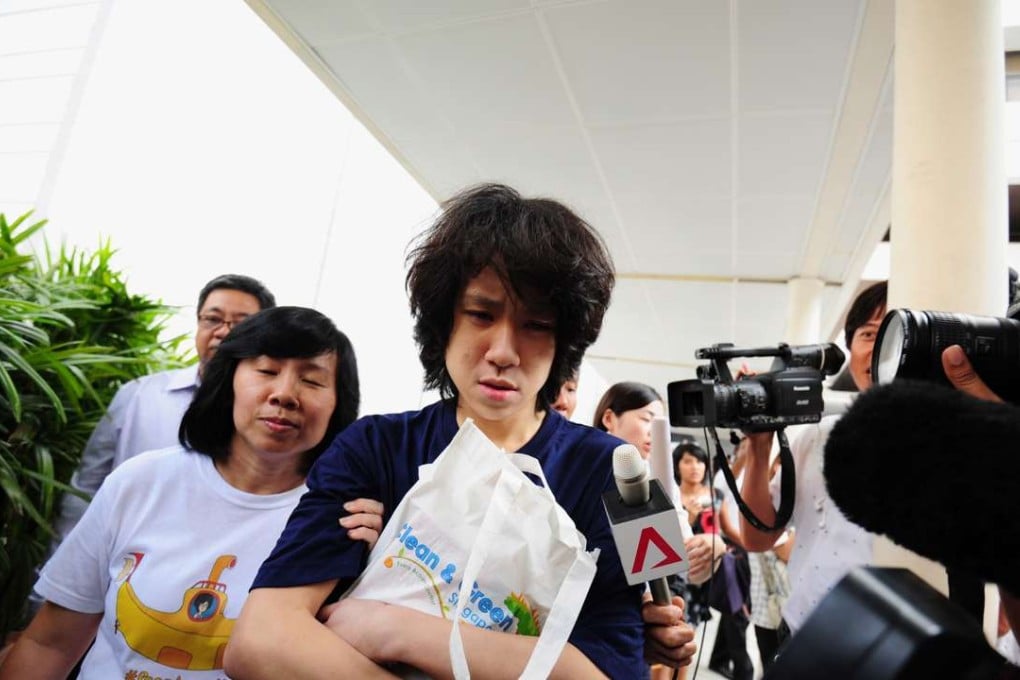Teenage Singaporean blogger Amos Yee granted asylum in U.S.
The 18-year-old is immediately eligible for release, after being held in a detention facility in Chicago since December 16

Singaporean teenage blogger Amos Yee has been granted asylum in the United States, his lawyer said Saturday.
“On March 24, 2017, the Honorable Immigration Judge Samuel B. Cole granted Amos Yee’s asylum application,” Sandra Grossman, Yee’s pro-bono lawyer in the US, said in a statement.
“Judge Cole concluded that the Singapore government persecuted Yee on account of his political opinion, and that Yee is deserving of asylum as a matter of discretion.”
Yee, who has been in US immigration detention for more than 90 days, is now immediately eligible for release.
“He was very pleased with the outcome and pleasantly surprised. He will hopefully be released on Monday,” Grossman told This Week in Asia.